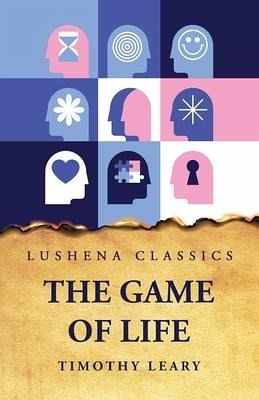
The Game of Life

PAYBACK Punkte
13 °P sammeln!
Biographical books, or bios, are detailed descriptions of a person's life. A biography is more than simply the basic facts, like education, work, relationships, and death. It portrays a person's experience of major life events. A biography presents a subject's life story, emphasizing certain aspects of his or her life, and including intimate details of their experiences, which may include an analysis of their personality. Biographical works are generally non-fiction, but fictional works can also be used to portray a person's life. An in-depth form of biographical coverage is referred to as leg...
Biographical books, or bios, are detailed descriptions of a person's life. A biography is more than simply the basic facts, like education, work, relationships, and death. It portrays a person's experience of major life events. A biography presents a subject's life story, emphasizing certain aspects of his or her life, and including intimate details of their experiences, which may include an analysis of their personality. Biographical works are generally non-fiction, but fictional works can also be used to portray a person's life. An in-depth form of biographical coverage is referred to as legacy writing. An authorized biography refers to a book written with the permission, cooperation, and at times, participation of the subject or the subject's heirs. An autobiography, on the other hand, is written by the person themselves, sometimes with the assistance of a collaborator or "ghostwriter".


